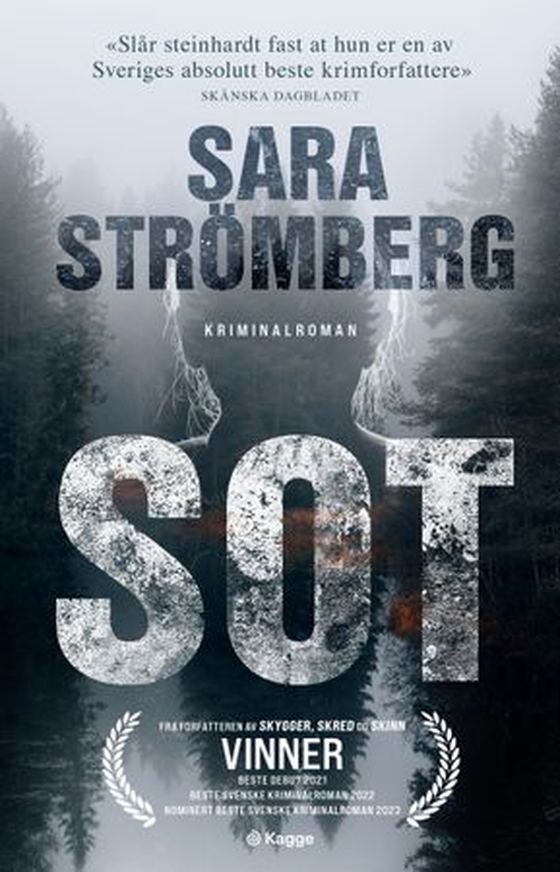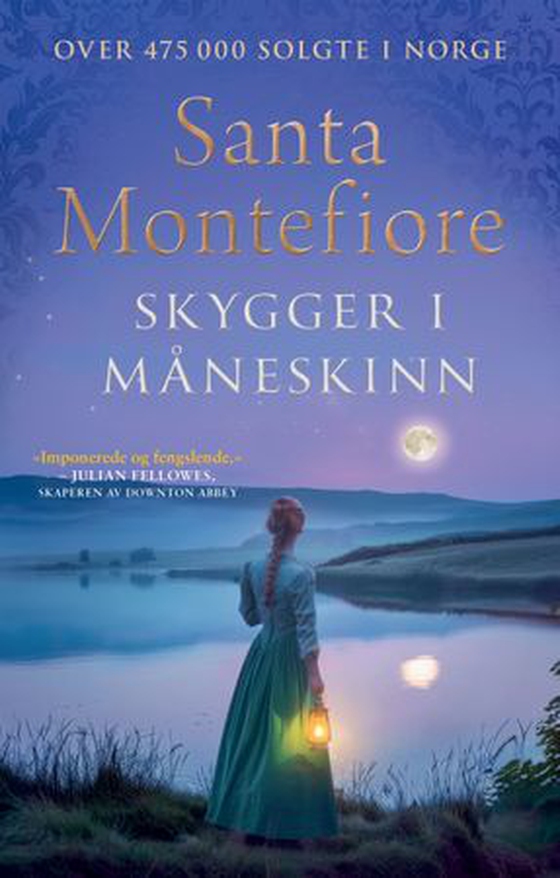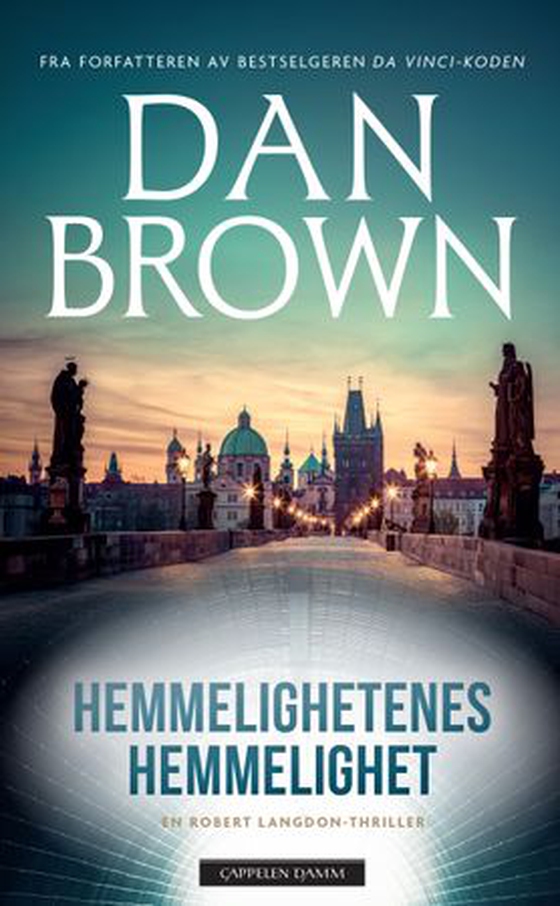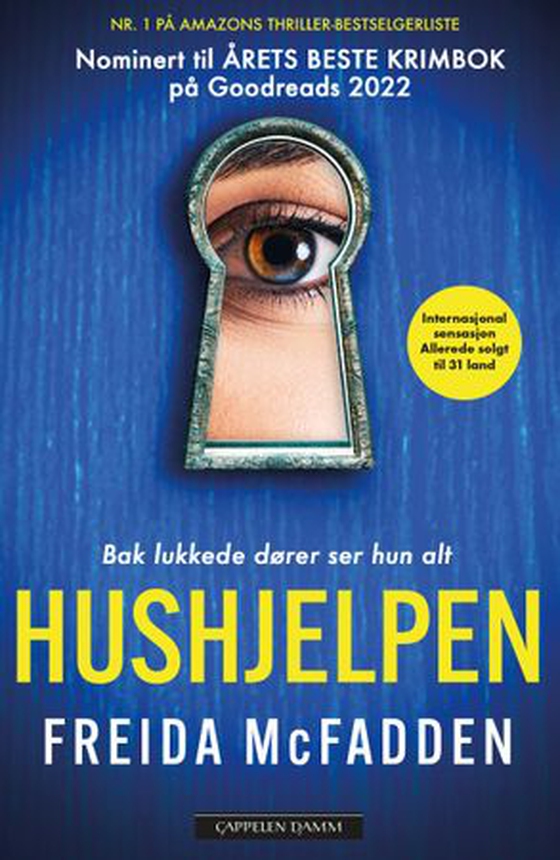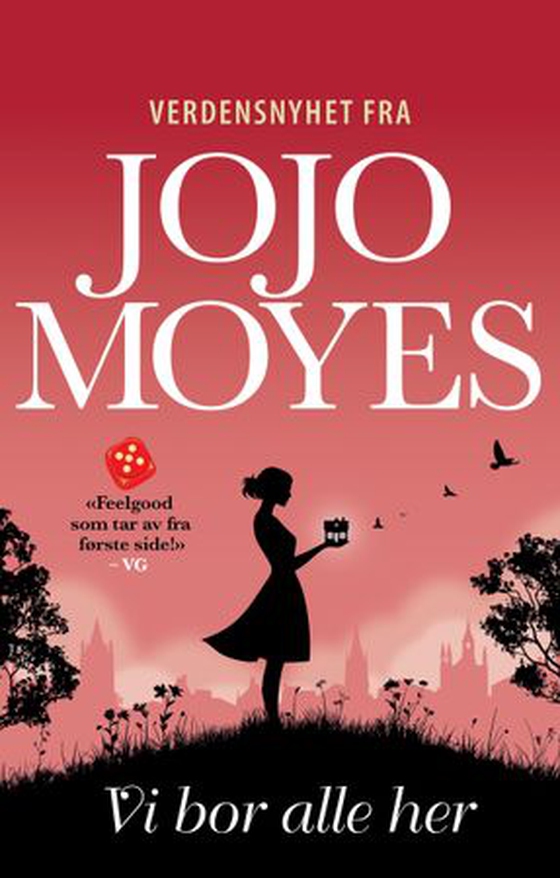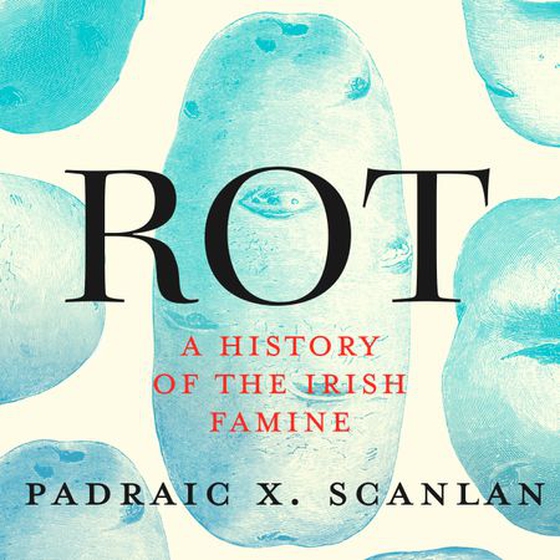
Rot lydbok
296,-
'A vigorous and engaging new study of the Irish famine . . . Richly underpinned by research in contemporary sources and firmly rooted in historical scholarship.' Fintan O'Toole'A vivid, polemical narrative that does justice to victims and explains the ideologies that worsened the disaster.' Irish Independent'Scanlan's history of the ''Great Hunger' and its repercussions is meticulous, measured an…
'A vigorous and engaging new study of the Irish famine . . . Richly underpinned by research in contemporary sources and firmly rooted in historical scholarship.' Fintan O'Toole'A vivid, polemical narrative that does justice to victims and explains the ideologies that worsened the disaster.' Irish Independent'Scanlan's history of the ''Great Hunger' and its repercussions is meticulous, measured and damning.' Financial Times'Mr. Scanlan's haunting and terrible book is undoubtedly a history title of the year.' Wall Street JournalIn the 1800s, as Britain became the world's most powerful industrial empire, Ireland starved. The Great Famine fractured long-held assumptions about political economy and 'civilisation', threatening disorder in Britain. Ireland was a laboratory for empire, shaping British ideas about colonisation, population, ecology and work.In Rot, Padraic Scanlan reinterprets the history of this time and the result is a revelatory account of Ireland's Great Famine. In the first half of the nineteenth century, nowhere in Europe - or the world - did the working poor depend as completely on potatoes as in Ireland. To many British observers, potatoes were evidence of a lack of modernity among the Irish. However, Ireland before the famine more closely resembled capitalism's future than its past. While poverty before and during the Great Famine was often blamed on Irish backwardness, it did in fact stem from the British Empire's embrace of modern capitalism. Uncovering the disaster's roots in Britain's deep imperial faith in markets and capitalism, Rot reshapes our understanding of the Famine and its tragic legacy.
Andre har også kjøpt
Undertittel
A History of the Irish Famine
Forlag
Little, Brown Book Group
Utgitt
13.03.2025
Lengde
10:20
Sjanger
Historie, Dokumentar og fakta
Språk
English
Format
mp3
DRM-beskyttelse
App-only
ISBN
9781405551816
'A vigorous and engaging new study of the Irish famine . . . Richly underpinned by research in contemporary sources and firmly rooted in historical scholarship.' Fintan O'Toole
'A vivid, polemical narrative that does justice to victims and explains the ideologies that worsened the disaster.' Irish Independent
'Scanlan's history of the ''Great Hunger' and its repercussions is meticulous, measured and damning.' Financial Times
'Mr. Scanlan's haunting and terrible book is undoubtedly a history title of the year.' Wall Street Journal
In the 1800s, as Britain became the world's most powerful industrial empire, Ireland starved. The Great Famine fractured long-held assumptions about political economy and 'civilisation', threatening disorder in Britain. Ireland was a laboratory for empire, shaping British ideas about colonisation, population, ecology and work.
In Rot, Padraic Scanlan reinterprets the history of this time and the result is a revelatory account of Ireland's Great Famine. In the first half of the nineteenth century, nowhere in Europe - or the world - did the working poor depend as completely on potatoes as in Ireland. To many British observers, potatoes were evidence of a lack of modernity among the Irish. However, Ireland before the famine more closely resembled capitalism's future than its past. While poverty before and during the Great Famine was often blamed on Irish backwardness, it did in fact stem from the British Empire's embrace of modern capitalism.
Uncovering the disaster's roots in Britain's deep imperial faith in markets and capitalism, Rot reshapes our understanding of the Famine and its tragic legacy.
'A vivid, polemical narrative that does justice to victims and explains the ideologies that worsened the disaster.' Irish Independent
'Scanlan's history of the ''Great Hunger' and its repercussions is meticulous, measured and damning.' Financial Times
'Mr. Scanlan's haunting and terrible book is undoubtedly a history title of the year.' Wall Street Journal
In the 1800s, as Britain became the world's most powerful industrial empire, Ireland starved. The Great Famine fractured long-held assumptions about political economy and 'civilisation', threatening disorder in Britain. Ireland was a laboratory for empire, shaping British ideas about colonisation, population, ecology and work.
In Rot, Padraic Scanlan reinterprets the history of this time and the result is a revelatory account of Ireland's Great Famine. In the first half of the nineteenth century, nowhere in Europe - or the world - did the working poor depend as completely on potatoes as in Ireland. To many British observers, potatoes were evidence of a lack of modernity among the Irish. However, Ireland before the famine more closely resembled capitalism's future than its past. While poverty before and during the Great Famine was often blamed on Irish backwardness, it did in fact stem from the British Empire's embrace of modern capitalism.
Uncovering the disaster's roots in Britain's deep imperial faith in markets and capitalism, Rot reshapes our understanding of the Famine and its tragic legacy.
Ingen anmeldelser ennå


